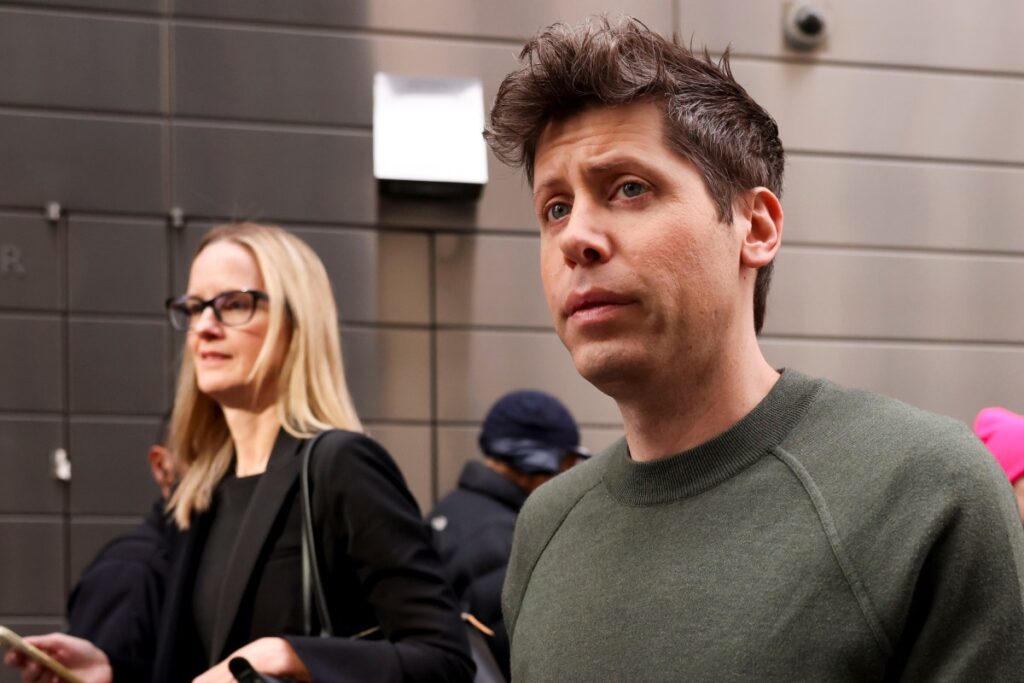Sam Al -Taman believes that artificial intelligence will have “new visions” next year
In a new article published on Tuesday called “Good exclusivity,Samtman, CEO of Openai, has shared his latest vision of how to change the artificial intelligence of the human experience for the next fifteen years.
The article is a classic example of Altman: AGI promise – and says that his company is very close to the feat – while reducing its arrival simultaneously. Openai CEO repeatedly He publishes articles of this natureA clean position in which AGI disrupts our modern vision for work, energy and social contract. But often, Altman articles contain hints about what the following Openai works.
At one point of the article, Altman claimed that next year, in 2026, the world is likely to see its arrival [AI] Systems that can discover new visions. “While this is somewhat mysterious, Openai’s executive officials have recently indicated that the company focuses on obtaining artificial intelligence models to reach new and interesting ideas around the world.
Upon announcement Thinking models O3 and O4-Mini Ai In April, co -founder and President Greg Brockman said these are the first models that scientists used to generate new and useful ideas.
The Altman blog publication indicates that next year, Openai itself may increase its efforts to develop artificial intelligence that can generate new visions. Openai certainly will not be the only company that focuses on this effort – many Openai competitors have converted their focus into training artificial intelligence models that can help scientists reach new hypotheses, and therefore, new discoveries around the world.
In May, Google A released PaperThe agent of artificial intelligence coding that the company claims to have established new curricula for complex mathematics problems. Another startup with the support of the former CEO of Google Eric Schmidt, the future, claims that the tool of the artificial intelligence agent was Creating a real scientific discovery. In May, Antarbur launched a program to Supporting scientific research.
If they succeed, these companies can automate a major part of the scientific process, and perhaps storming huge industries such as drug detection, materials science, and other areas with science at their core.
This will not be the first time that Altman has tilted his hat about Openai’s plans in a blog. In January, Altman wrote Another blog post This indicates that 2025 will be the age of the agents. Then his company began to drop the three artificial intelligence agents: Operatorand Deep searchAnd The manuscript.
But getting artificial intelligence systems to generate new visions may be more difficult than making them a agent. The broader scientific community is still somewhat skeptical of the ability of artificial intelligence to generate real original visions.
Earlier this year, Thomas Wolf, the chief science official in the face, wrote an article that argues Modern artificial intelligence systems cannot ask great questionsIt is the key to any wonderful scientific penetration. Kenneth Stanley, a former progress in Openai Research, TECHCRUNCH, also told artificial intelligence models today cannot generate new hypotheses.
Stanley is now building a Lila Sciences team, a startup that raised 200 million dollars to create a laboratory for the same Amnesty International to obtain Amnesty International models to reach better hypotheses. This is a difficult problem, according to Stanley, because it involves giving artificial intelligence models a feeling of what is creative and interesting.
Whether Openai really creates an AI model capable of producing new visions that still have to be seen. However, Altman’s article may have something familiar – a preview that Openai is likely to go after that.



